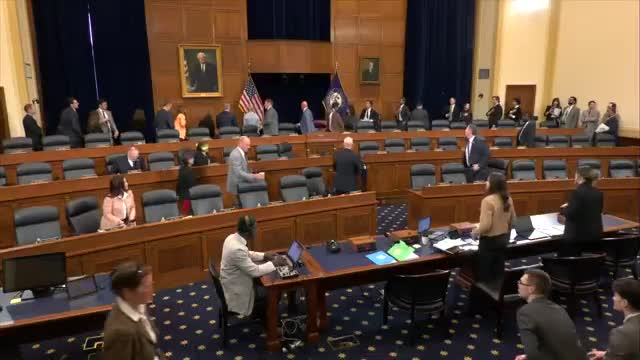Article not found
This article is no longer available. But don't worry—we've gathered other articles that discuss the same topic.
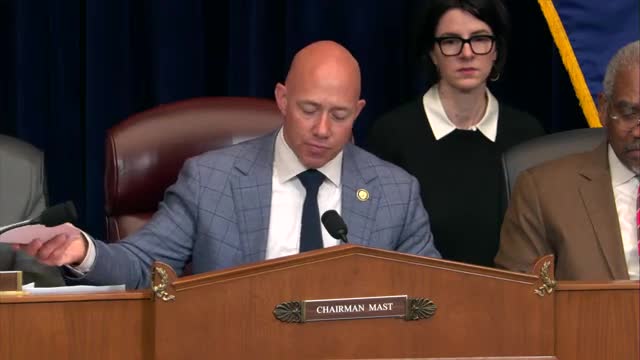
Committee backs Remote Access Security Act to close export-control loophole for cloud access
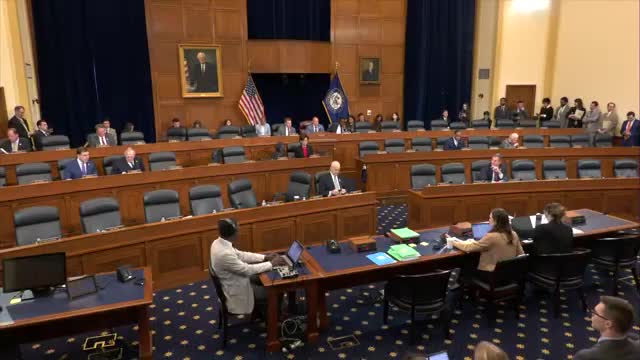
Committee advances Undersea Cable Control Act to block adversary access to cable technology
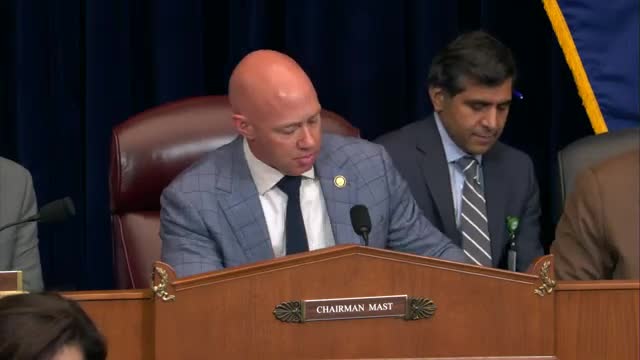
Committee backs piracy sanctions bill to target maritime attackers and enablers
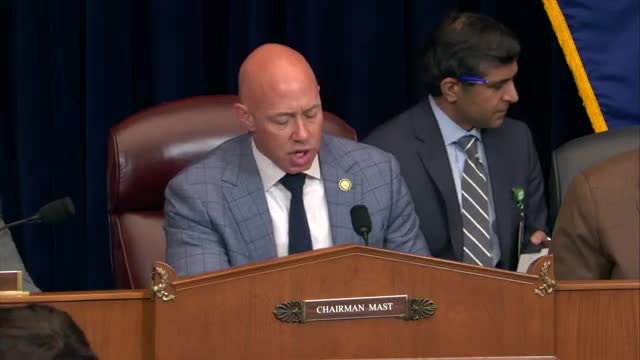
Committee advances Uyghur Policy Act to coordinate U.S. support for Uyghurs and diaspora
